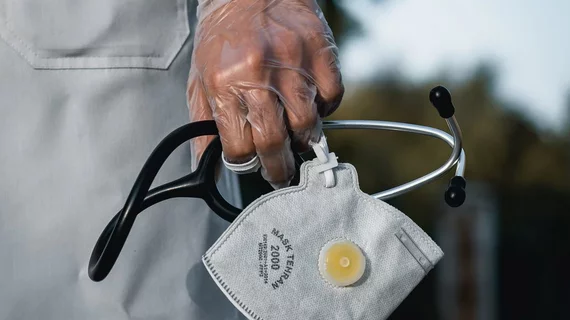First drug found to improve COVID-19 survival
A commonly known steroid drug has been found to greatly improve survival for COVID-19 patients. In fact, among severe patients, the steroid, Dexamethasone, reduced the number of deaths by one-third in a study conducted by the University of Oxford.
The finding is considered a breakthrough for the treatment of COIVD-19, after other hopeful drugs like hydroxychloroquine have been unable to show improvements to patient outcomes. Furthermore, the drug is already widely known and available.
“Dexamethasone is the first drug to be shown to improve survival in COVID-19. This is an extremely welcome result,” said one of the chief investigators of the trial, Peter Horby, professor of emerging infectious diseases in the Nuffield Department of Medicine at the University of Oxford. “The survival benefit is clear and large in those patients who are sick enough to require oxygen treatment, so dexamethasone should now become standard of care in these patients. Dexamethasone is inexpensive, on the shelf, and can be used immediately to save lives worldwide.”
The study, dubbed RECOVERY, was a randomized clinical trial that tested a range of potential treatments, including low-dose dexamethasone. More than 11,500 patients from more than 175 NHS hospitals in the U.K. were enrolled in the study. Researchers stopped recruiting patients for the dexamethasone arm of the study June 8 because they believed the results were already compelling enough.
Among ventilated patients, dexamethasone reduced deaths by one-third, while deaths among patients receiving oxygen only were reduced by one-fifth.
“These preliminary results from the RECOVERY trial are very clear––dexamethasone reduces the risk of death among patients with severe respiratory complications,” Martin Landray, professor of medicine and epidemiology at the Nuffield Department of Population Health and one of the chief investigators of the trial, said in a statement. “COVID-19 is a global disease––it is fantastic that the first treatment demonstrated to reduce mortality is one that is instantly available and affordable worldwide.”
Full results of the study have not been published.

